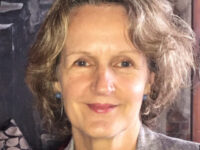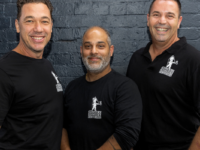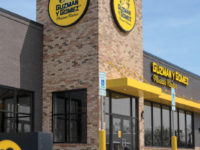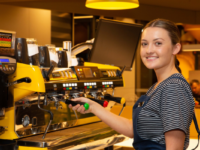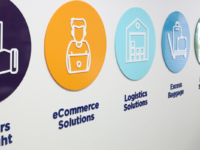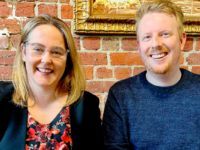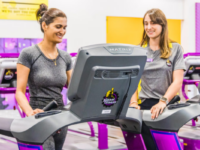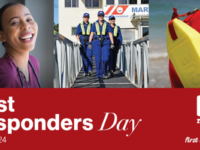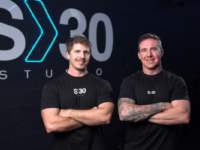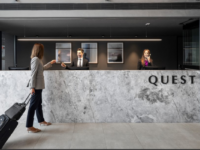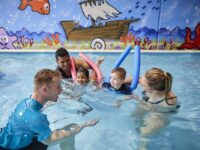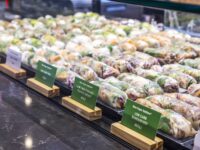An indoor play centre is one business that can’t pivot online, so lockdowns mean just that for Lollipop’s franchisees. Just five out of 25 Lollipop’s Playlands are open right now across the country as New South Wales, Victoria and South Australia endure further lockdowns.
“The five that are open are doing really well. People are happy to get their kids out,” says Bret Stremski, director of LPI Group, the franchisor of Lollipops Playland.
Stremski spoke to Inside Franchise Business Executive about enduring the pandemic and doubling down on growth.
“The hardest part of lockdown is that we are still accruing all rent, landlords are not moving, saying ‘sorry, there’s no legislation’. Last time around some did more but now landlords are hurting too. And I understand that.”
Local landlords have shifted from in 2020 offering 50 per cent rental waived, and 50 per cent deferred to now insisting on 100 per cent of rental due be paid in full.
Stremski has welcomed the financial aid available from state and federal governments but points to the minimal impact it will have on most businesses.
“It’s like throwing a bucket of dye in the ocean. Rents and utilities still have to be paid. It’s appreciated but it’s negligible. It’s really tough.
“It’s hard for franchisees. We have other businesses, Playland in the US and the yogurt business Tutti Frutti. But franchisees are accruing full rent. This is our peak season for Lollipop’s and we’re missing the best part of the year.”

Stremski fears there may be closures within the network over the next 12 months, and the ability to help salvage a struggling business is made so much harder by border closures.
“When you can’t get interstate in certainty, it’s harder to save a business,” he says.
In growth mode, despite Covid
It’s equally difficult to start up a new business he points out. Not that that is holding back expansion.
In Western Australia there’s an existing franchise network that steps up to help the franchisor establish new franchise sites. There’s one under construction in Ellenbrook right now, and another in the pipeline.
“We sold three franchises in WA in the last 12 months. When we get to seven we’re done in WA. It’s booming for us, it’s not affected by lockdowns.”
However suitable real estate is difficult to find in Sydney, Stremski points out.
The former McDonald’s franchisee spent 20 years in marketing and operations with the global fast food chain, and joined Tim Newman-Morris, a former Lollipop’s franchisee who became the master franchisor, to buy out the play centre founder 10 years ago.
Now the business is looking to develop a network of up to 50 playlands across the country.
“Growth will happen when it happens,” says Stremski. “We’re almost done in metro Melbourne. In Sydney we can have another five or six. Then it will be regional areas like Townsville, Geelong, Ballarat for instance.”
The $500,000 investment makes a regional footprint more challenging (play equipment alone costs $250,000) as “banks ebb and flow” and the affordability of regional housing makes it harder to release the required equity out of a property.
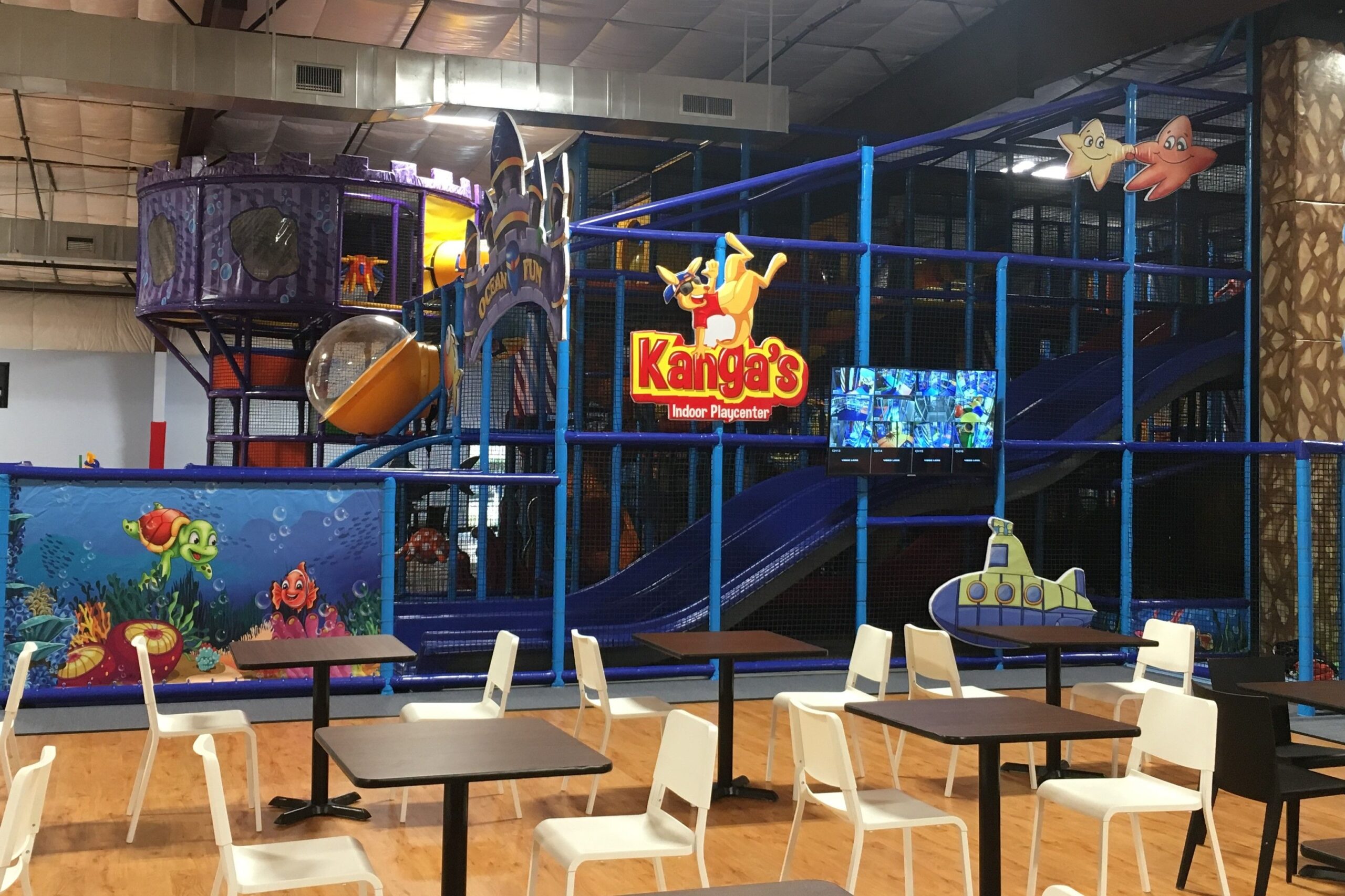
It’s a different story with overseas growth. The business has expanded into the US under the brand name Kanga’s with three play centres in Texas, one in New York, and signings for Reno, Nevada and Kansas City, Missouri.
“New York just opened without restrictions, Texas is bouncing back – you wouldn’t think there was Covid there,” says Stremski.
“We’ll probably get to 50 sites in Australia, but we can reach 500-600 in the US. It’s an open market – no-one is really doing it.”
Expansion is on hold however, because of the travel restrictions.
Stremski and Newman-Morris continue to operate the overseas business from Melbourne, with no plans to open a joint venture or appoint a master franchisee. They have had to rely on their first US franchisee to help with training and new site openings.
A multi-brand approach
For the Aussie pair, the addition of the Tutti Frutti franchise provides another revenue arm with plenty of potential for growth. They bought the 12-store business in 2017.
“The most important thing is franchisee profitability. We inherited 12 sites and we now have seven sites as we let all the unprofitable sites run out their leases.”
Stremski believes the self-serve yogurt business can grow up to 30 or 40 sites over the next five years.
The pair have seven brands in their portfolio: Lollipop’s Playland, Kanga’s, Tutti Frutti, Crazy Climb, Code Red and Steri Coat.
The climbing wall business Crazy Climb and the laser tag Code Red business model are add-ons to the Lollipop’s franchise. Steri Coat is a cleaning concept.
“We saw our playlands being sterilized in the US with electrostatic sprayers so purchased some for Australian Playlands and found demand for other areas.
“We’ve got a couple of operations staff, a couple of marketing, staff, an office manager. We look for other brands we can bolt on. It’s not a big stretch to pick up another brand. For us, we know franchising and DC Strategy does all our recruiting.”
Stremski and Newman-Morris continue to look at opportunities so expect other complimentary brands to join the line-up.


